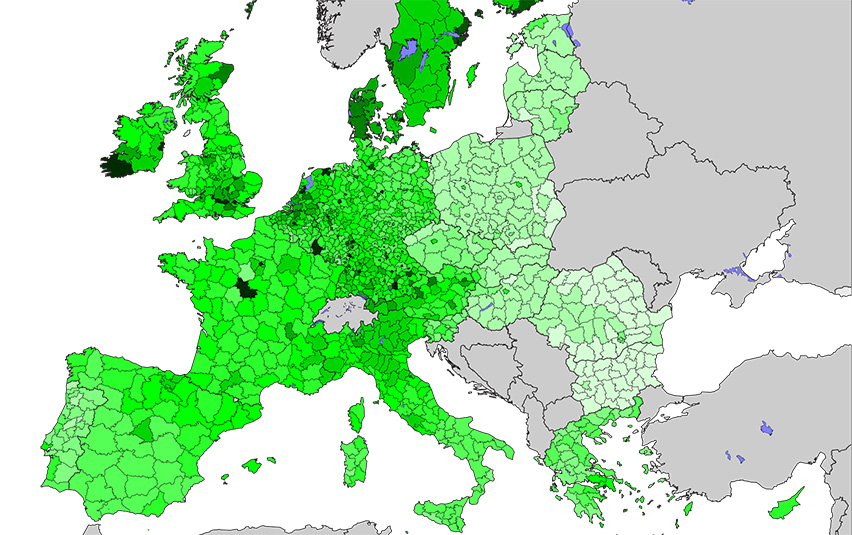Small Samples
Researchers often have difficulties collecting enough data to obtain statistical power: when target groups are small (e.g., children with severe burn injuries), hard to access (e.g., infants of drug-dependent mothers), or measuring the participants requires prohibitive costs (e.g., measuring phonological difficulties of babies). Such obstacles to collecting data usually leads to a limited data set. Researchers can overcome this through simplifying their hypotheses and statistical models. However, this strategy is undesirable since the intended research question cannot be answered in this way.
Expert Data (Dis)agreement
Elicitation is the process of extracting knowledge about the parameters in the statistical model. This information can then be used to provide input for the prior distribution needed for Bayesian analysis. Several methods of prior elicitation are used in practice including the use of experts.
Application and Evaluation of an Expert Judgment Elicitation Procedure for Correlations
The purpose of the current study was to apply and evaluate a procedure to elicit expert judgments about correlations, and to update this information with empirical data. The result is a face-to-face group elicitation procedure with as its central element a trial roulette question that elicits experts’ judgments expressed as distributions.
Collinear Latent Variables in Multilevel Confirmatory Factor Analysis: A Comparison of Maximum Likelihood and Bayesian Estimation
Because variables may be correlated in the social and behavioral sciences, multicollinearity might be problematic. This study investigates the effect of collinearity manipulated in within and between levels of a two-level confirmatory factor analysis by Monte Carlo simulation.
Analyzing small data sets using Bayesian estimation: the case of posttraumatic stress symptoms following mechanical ventilation in burn survivors
The analysis of small data sets in longitudinal studies can lead to power issues and often suffers from biased parameter values. These issues can be solved by using Bayesian estimation in conjunction with informative prior distributions.
Analyzing indirect effects in cluster randomized trials. The effect of estimation method, number of groups and group sizes on accuracy and power
Cluster randomized trials assess the effect of an intervention that is carried out at the group or cluster level. Ajzen’s theory of planned behavior is often used to model the effect of the intervention as an indirect effect mediated in turn by attitude, norms and behavioral intention.
How few countries will do? Comparative survey analysis from a Bayesian perspective
Meuleman and Billiet (2009) have carried out a simulation study aimed at the question how many countries are needed for accurate multilevel SEM estimation in comparative studies. The authors concluded that a sample of 50 to 100 countries is needed for accurate estimation.






